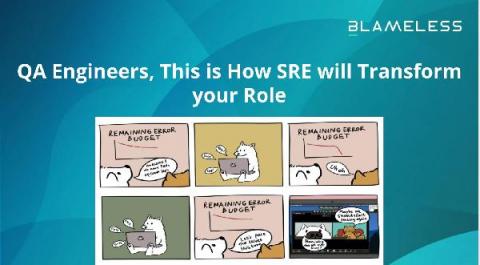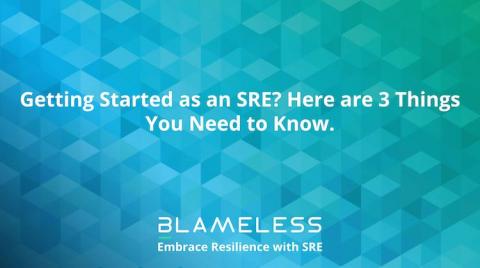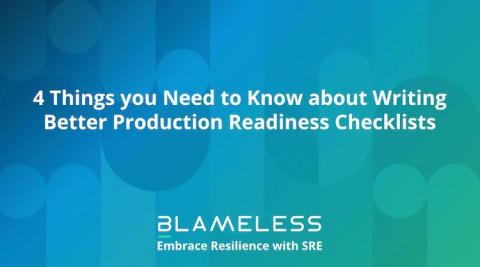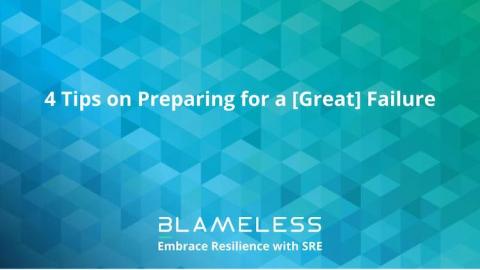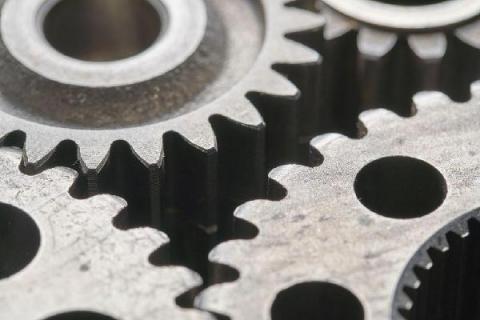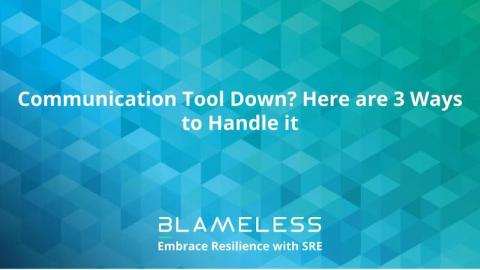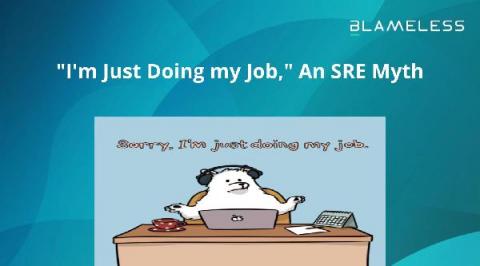QA Engineers, This is How SRE will Transform your Role
When implementing SRE, almost every role within your IT organization will change. One of the biggest transformations will be in your Quality Assurance teams. A common misconception is that SRE “replaces” QA. People believe SLOs and other SRE best practices render the traditional role of QA engineering obsolete, as testing and quality shift left in the SDLC. This leads to QA teams resisting SRE adoption.


